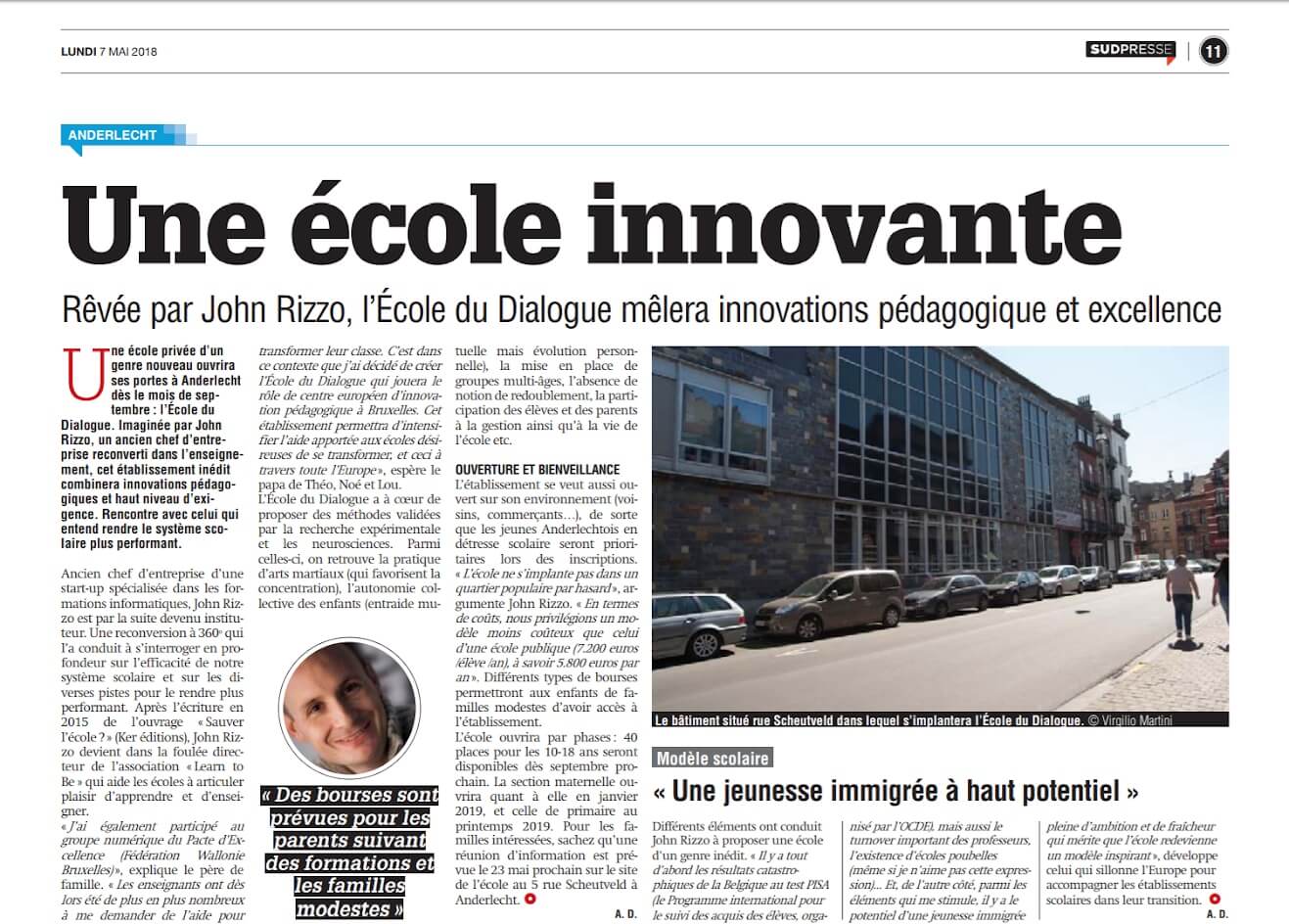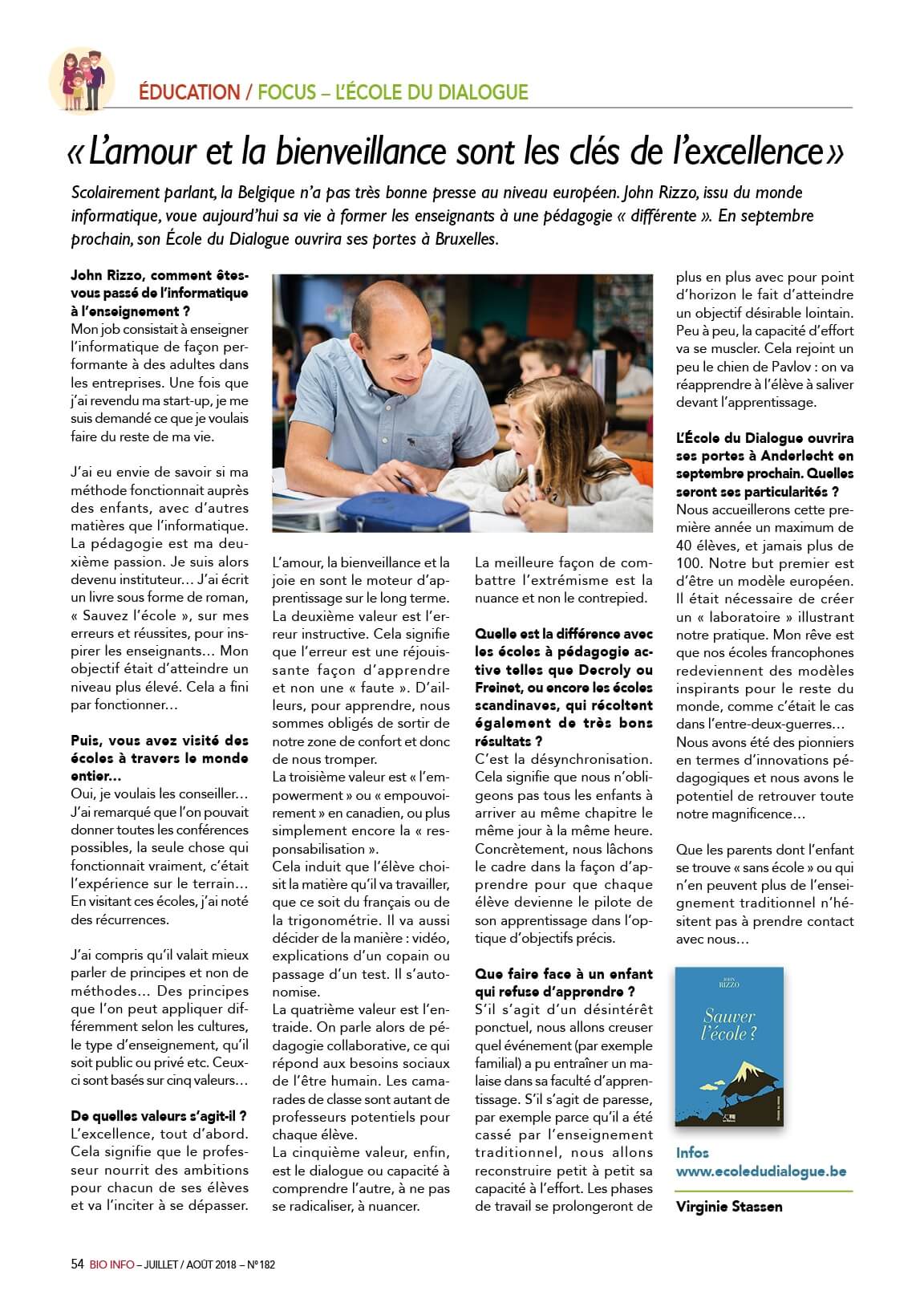Impact
This European project proposes a pedagogic transformation over 3 months to function as 21st century classes:
- adapt to a high level of student heterogeneity,
- make students pilot their learning (personalized learning),
- encourage students to help each other,
- encourage fast learners to learn even faster,
- provide accessible activities so that slow learners go beyond themselves,
- deal with big classes,
- without requiring teachers to work hard at home to prepare or correct.
Impact
We did not conduct a strict scientific research with a control group on class transformation’s impact. Instead, we asked teachers, students and parents to evaluate how they feel about their class transformation?
Most schools reported a significant positive impact in the view of students, parents and teachers.
In order of importance, students feel 36% more in the pilot seat of their learning, helping each other 32% more, 24%
more autonomous, with better grades and liking school 14% more.
From the parent’s perspective, the impact is lower: their kids like school 7% more and the atmosphere at home is 5%
better.
The impact is the highest from the teacher’s point of view: they feel that their students are 54% more in the pilot seat, have 39% more self-confidence, 36% better coping with heterogeneity, teachers have 34% more energy, 27% more aware of their student’s difficulties.


